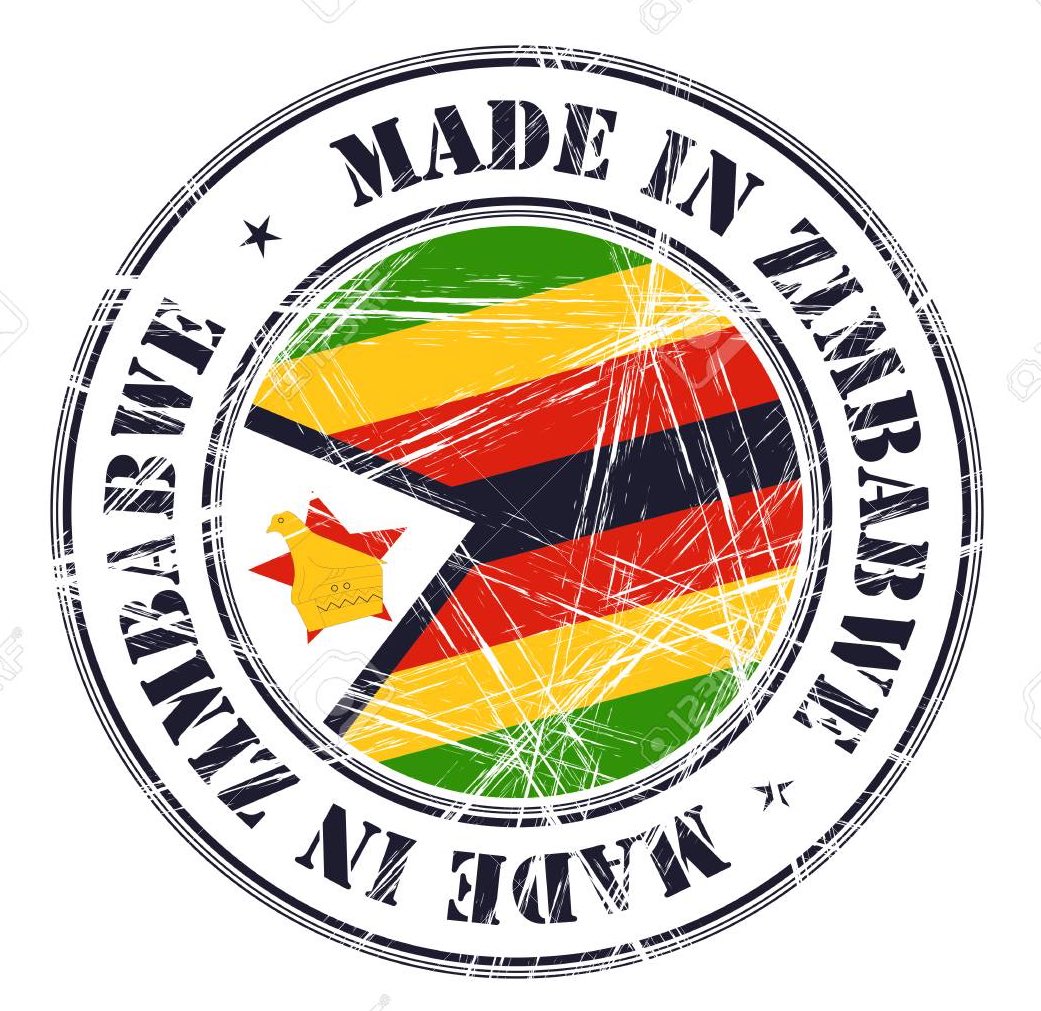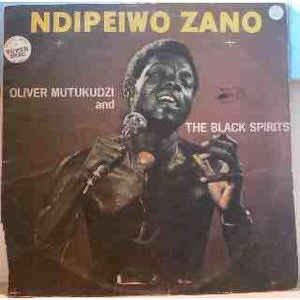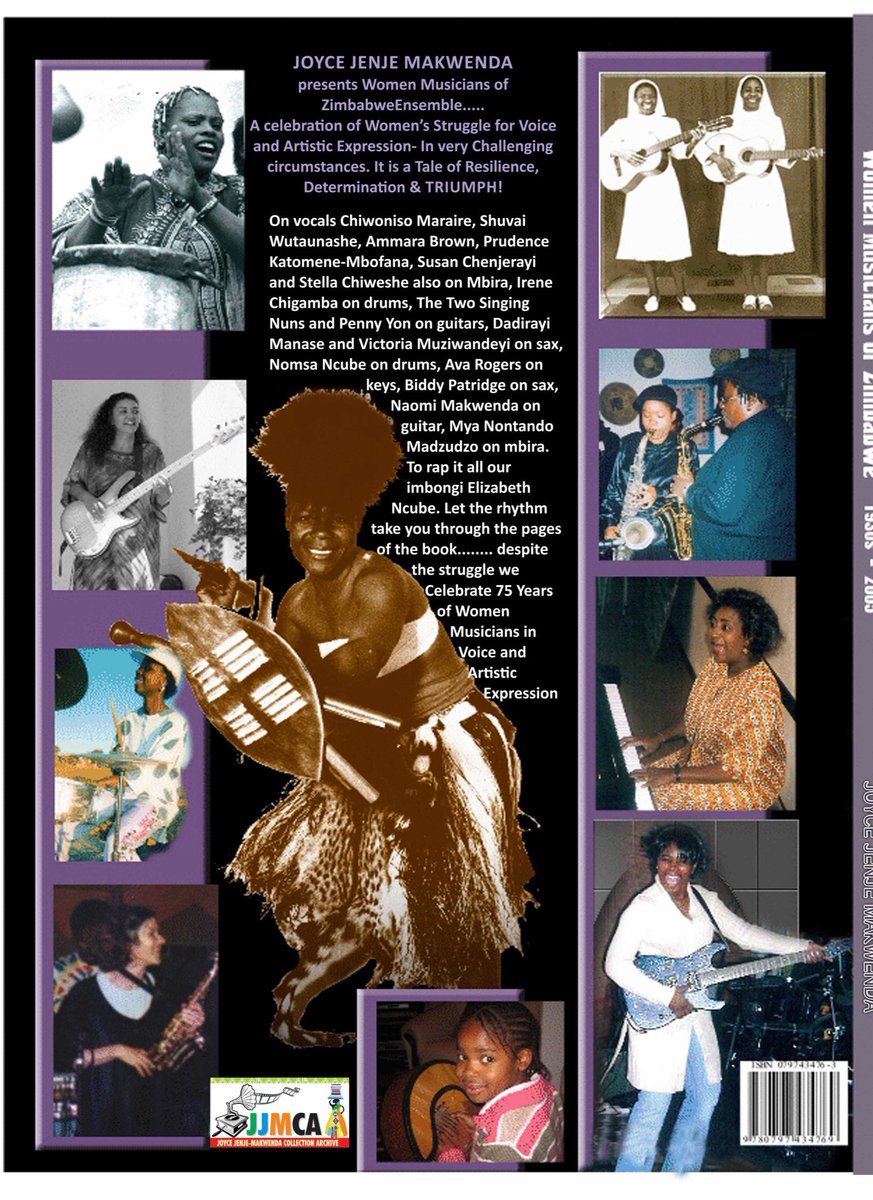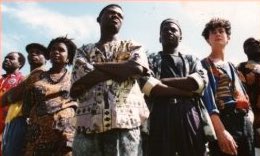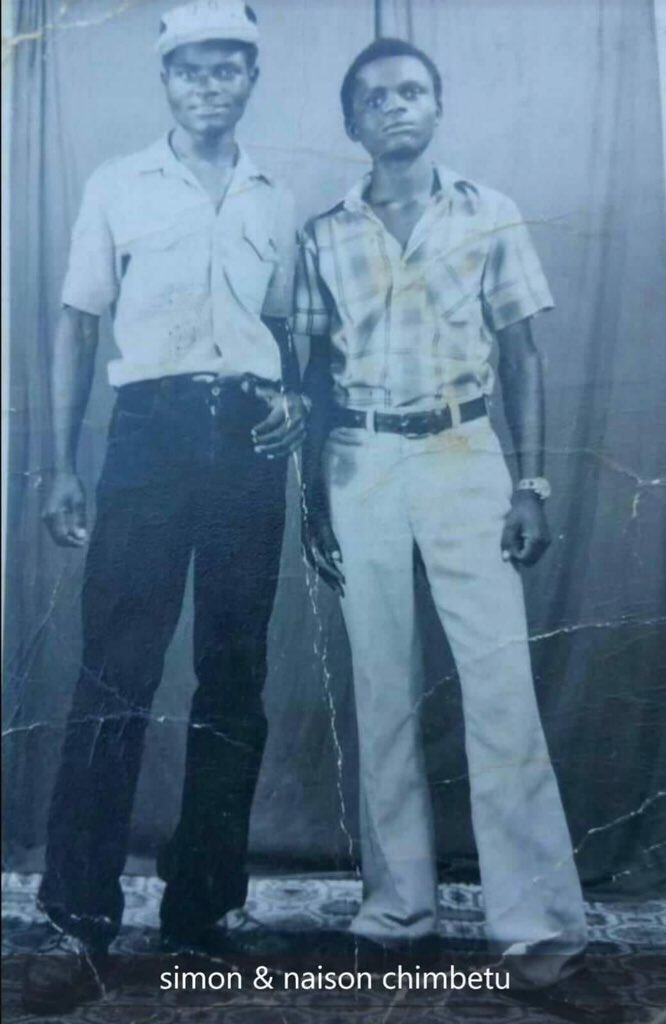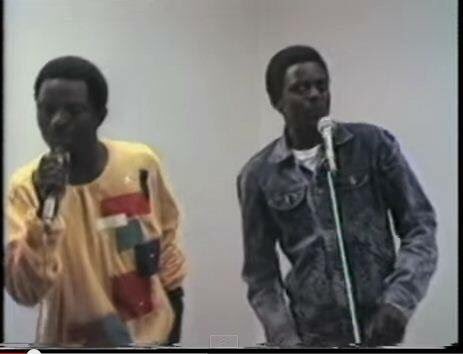
#Thread So, a long-ish thread on Zim gospel.
It’s hard to know where to start; Freedom Sengwayo? Machanic Manyeruke? Jordan Chataika? Brian Sibalo? We’ll share very brief histories on them.



It’s hard to know where to start; Freedom Sengwayo? Machanic Manyeruke? Jordan Chataika? Brian Sibalo? We’ll share very brief histories on them.
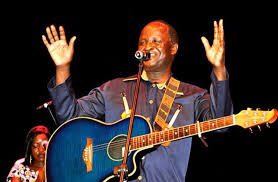
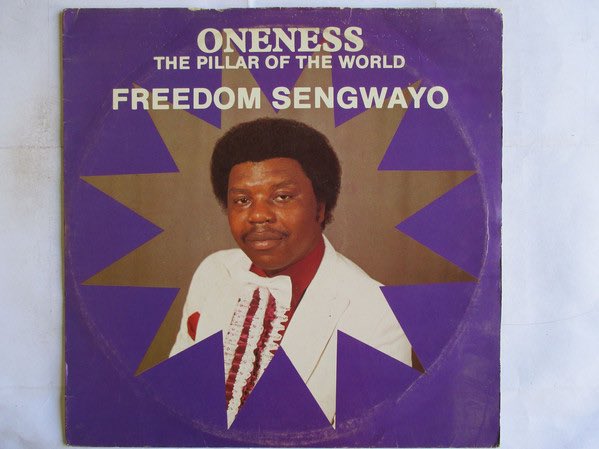


Some of the pioneers of recording gospel music: In the 70s, these two young nuns, Gertrude Matsika and Tendai Maminimini, defied church convention and patriarchy and took up guitars and recorded music. 

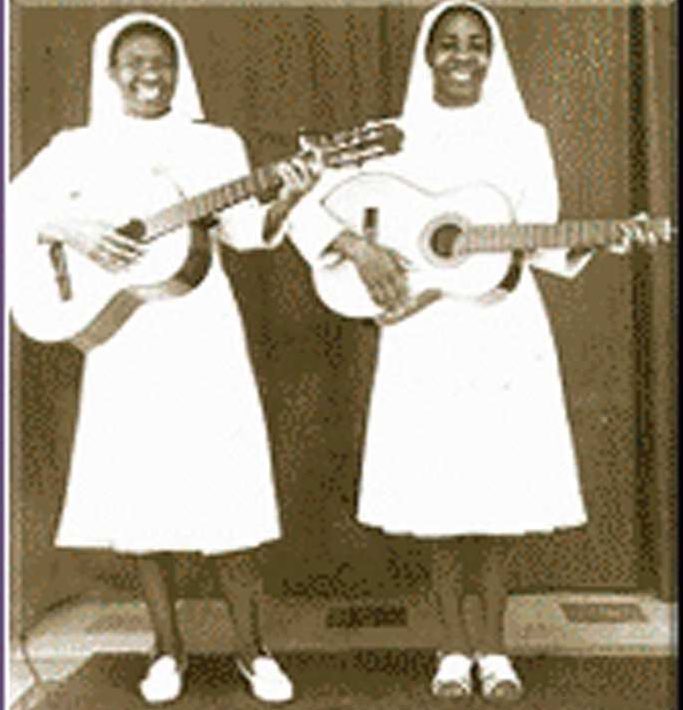

Jordan Chataika: Born in Bulawayo in 1939. In 1960, aged 21, he got a job as petrol attendant at Kamfinsa. There, he taught a work colleague how to play a guitar. Impressed, that fella’s dad bought Jordan a new guitar. 
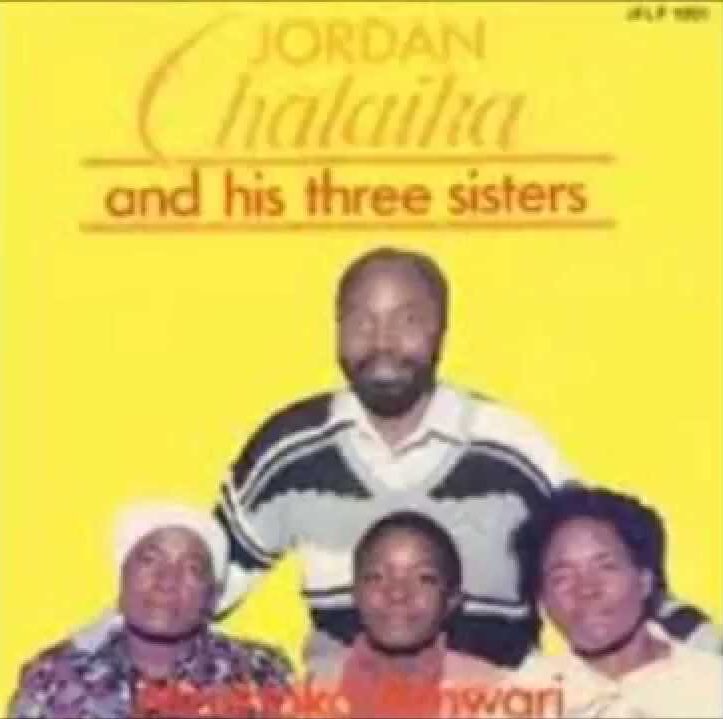
Chataika wasn’t a gospel singer then; he was one of those famous ‘dzemagitare/omasganda’ fellas who roved around playing guitar. Problem for Jordan was, he had a disability, so this limited him
In 1961, Jordan met one of the famous solo guitar legends, one Safirio Madzikatire. He recorded his first seven single, “Vana Va-Israel”, with Safirio’s help
Jordan’s break came by accident, as they sometimes do. Wilson Chivaura, a presenter and radio poet, needed a theme song for his show. He came across Jordan at the RBC studios, and asked Jordna to sing a song as he recited his poetry.
Jordan Chataika, together with his sisters Molly and Edna, formed the Highway Stars in the 1970s. They were among some of the first to record gospel
Around the same time, another gospel artist was finding his way. Machanic Manyeruke.
Born at St Patrick’s in the Midlands, he came to Harare and found work as a gardener in Borrowdale.
Born at St Patrick’s in the Midlands, he came to Harare and found work as a gardener in Borrowdale.
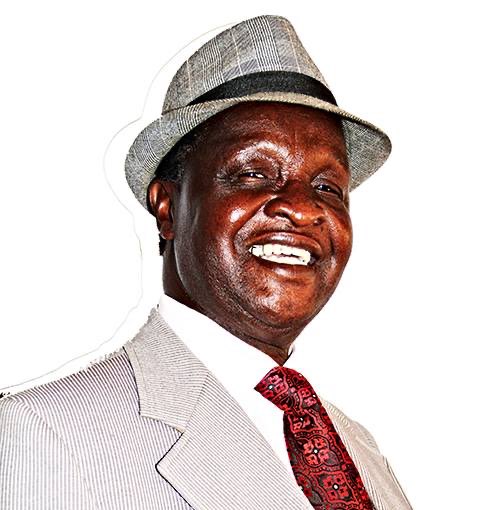
In this video, Machanic says he was inspired by his contemporary, Jordan Chataika, as well as Jim Reeves
In the 80s local record companies rejected Manyeruke’s music. He kept playing, hoping someone would notice. He was now working at Anglo American, making tea.
Then, one day, a phone call came through...
Then, one day, a phone call came through...
His first recording had come in 1973, when he had been encouraged by the Salvation Army divisional leader, Jonah Matswetu, to take his music forward. It took 10 years to get a major recording deal 
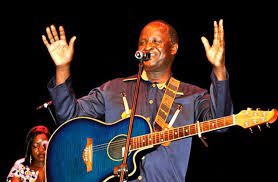
AK Mapfumo, the big studio boss at Teal Records (Gramma), wasn’t convinced that Machanic’s music could sell. It took Bothwell Nyamhondera, the sound engineer, to convince him. He was rarely wrong...
Then there was the icon himself, Freedom Sengwayo. He was the son of the great evangelist, Morgan Sengwayo, who founded the Apostolic Faith Church in Zimbabwe. A church that has such a beautiful music tradition.
Read more about the Sengwayos here: rangamberi.tumblr.com/post/114495780…
Read more about the Sengwayos here: rangamberi.tumblr.com/post/114495780…
Freedom set the pace, dictating what a lot of Zim gospel music would sound like through the 80s. No words to describe how beautiful this duet with his wife Agnes is, ‘Better World’.
Trivia: Freedom Sengwayo was a big country music fan. That song, “Better world” was adapted from “Fallen Angel, an old 1970s duet by actor/singer Kris Kristofferson and Rita Coolidge.
Freedom is responsible for much-loved classics such as Thula Sizwe, an anti-apartheid song, Ngelinye Ilanga.
The controversy in his church also inspired many of his songs. Listen to Tell My Father, in which he sings of the abuse he faced after his father died, and “Cheated Man”
The controversy in his church also inspired many of his songs. Listen to Tell My Father, in which he sings of the abuse he faced after his father died, and “Cheated Man”
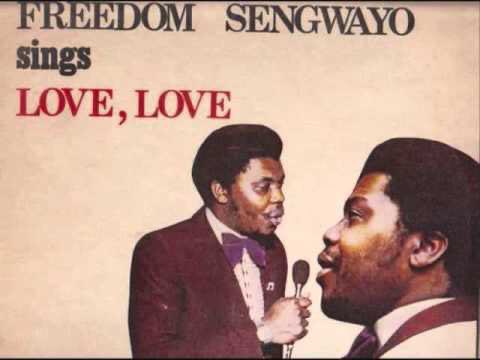
Freedom was so successful, that it became a problem for everyone else who wanted to record gospel, as the next icons in the thread were to find out...
Early 80s, the Family Singers wrote “Tarira Nguva Yashe”.
Jonathan Wutawunashe recalls:
“We took this to Gallo at a time they were phasing out even the great Freedom Sengwayo. They felt the appetite for Zimbabwean Gospel had waned. They said no”
What a song!!
Jonathan Wutawunashe recalls:
“We took this to Gallo at a time they were phasing out even the great Freedom Sengwayo. They felt the appetite for Zimbabwean Gospel had waned. They said no”
What a song!!
Then the Family Singers dropped Nditorei and the nation dropped to its knees.. epic stuff
For many years, gospel was all about just the singing. The Family Singers made it also about the music. Ndinokidai totally overturned how people played gospel. It didn’t have to be, always, slow and mournful. It could be as funky as this. Oh, the bassline.. THE BASSLINE! 🙌🏽
This song, the elders say, is what brought them out of their homes when Andrew Wutawunashe hit the hood on one of his Family of God crusades. One more time...😊
Shelter from the storm, shelter in the night... maiwe kani 🙌🏽
The Family Singers were perhaps the first - stand to be corrected- to put out a live worship recording. “African Praise” album is like what you get now from Zim Praise and others.
This couple had also served Zim in the diplomatic service. Salute.
This couple had also served Zim in the diplomatic service. Salute.
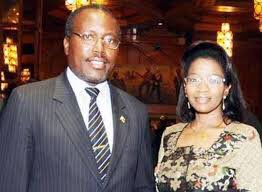
And then to another icon.
Brian Sibalo was only 18 when he made his first record. Together with his friends, the Manyame siblings Otis and Nico, of Kwekwe, they were the Golden Gospel Sounds
Brian Sibalo was only 18 when he made his first record. Together with his friends, the Manyame siblings Otis and Nico, of Kwekwe, they were the Golden Gospel Sounds
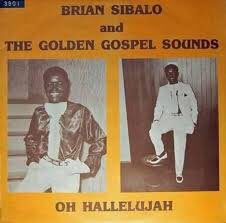
His first album, “Oh Hallelujah” didn’t do to well. The ZMC producers said it was because was trying too much to sound like Freedom Sengwayo, his inspiration.
Of course he sounded like Freedom. Saka??! 💁🏾♂️
Of course he sounded like Freedom. Saka??! 💁🏾♂️
Brian Sibalo left ZMC and joined RTP. There, his music changed. He jazzed it up. This song, Sizofika Ezulwini, is a remake of one he had done in the 80s. The earlier one had been more in the Sengwayo style. This one, he out some jazz under it.
And then, Ndiri Mufambi, Brian’s big break. Real classic
The 90s were great for gospel; evangelical churches were growing (and competing), and singers were exploring different sounds, away from the Sengwayos, Chataikas etc. Suddenly, people realised; it’s not about the beat, it’s about the message. Golden era
In came the likes of Charles Charamba, with his Sungura flavoured gospel. This was one of his first tunes. Totally different sound..
Then Charamba dropped this one, and even in the bhawas the heathens were singing into their liquor
Then there was EGEA Gospel Train, Anne and Ivy Kombo with Carol Mujokoro. “Be Thou My Vision..”
Who can forget Pastor Haisa who brought the Chimurenga beat to gospel
Glen View Adventist Church reminded us: need a choir? Call the SDA
These legends, Vabati vaJehovah, took Apostolic songs to the mainstream
And there was Celebration Choir, who shook tables with this one. The choir has, over the years, added a different dimension to Zim gospel
One Hendere, 2 Hendere, 3 Mahendere, 4 Mahendere...
Amos, Akim, Misheck and Michael Mahendere. @MinisterMikeM is, today, one of the top artistes in Zim.
Amos, Akim, Misheck and Michael Mahendere. @MinisterMikeM is, today, one of the top artistes in Zim.
Shingisai Suluma...
Burst on the scene in the 90s, dominated the 2000s. Still a fave!
This video was so cleverly scripted
Burst on the scene in the 90s, dominated the 2000s. Still a fave!
This video was so cleverly scripted
Fungisai hit us with this one in the 2000s. Bless that leather
And there was Elias Musakwa. Satani Rikiti. Satani Tasa. Hwava!
His Ngaavongwe Concerts really gave many young artistes a platform
His Ngaavongwe Concerts really gave many young artistes a platform
We shall never forget the time Gospel Trumpet hired that white limo...
There are many singers that have shaped Zim gospel; hard to mention them all. But it’s great to record how, from the traditional tunes of Chataika, Sengwayo and others, the genre now has so many different sounds.
@janetmanyowa 🙌🏽
@janetmanyowa 🙌🏽
What’s not to love about watching @MinisterMikeM grow from that smallest Mahendere kid, to this...
Man’s a musical force please. 👏🏽
Man’s a musical force please. 👏🏽
To close, tinoti Ebenezer.... 🙏🏾
• • •
Missing some Tweet in this thread? You can try to
force a refresh


